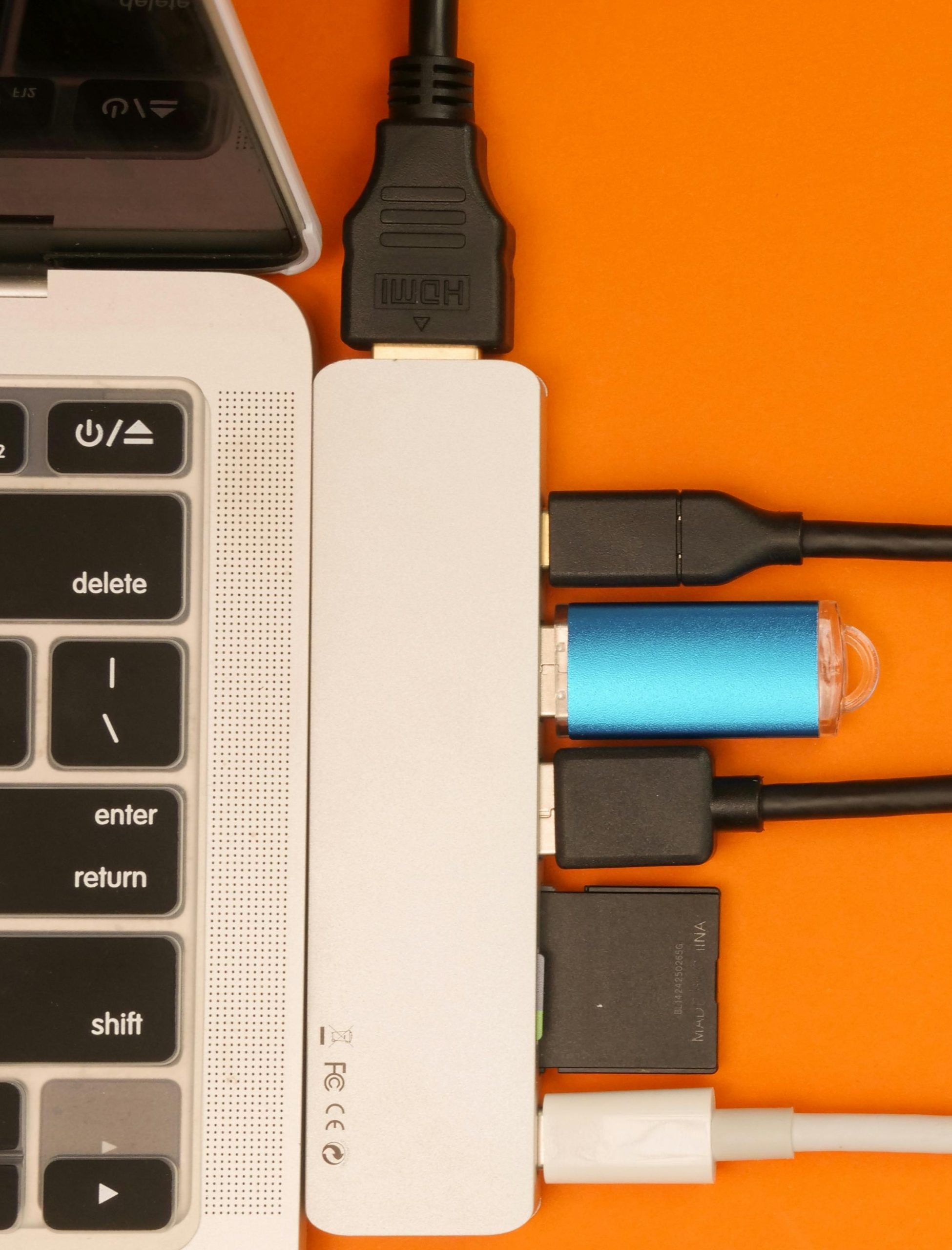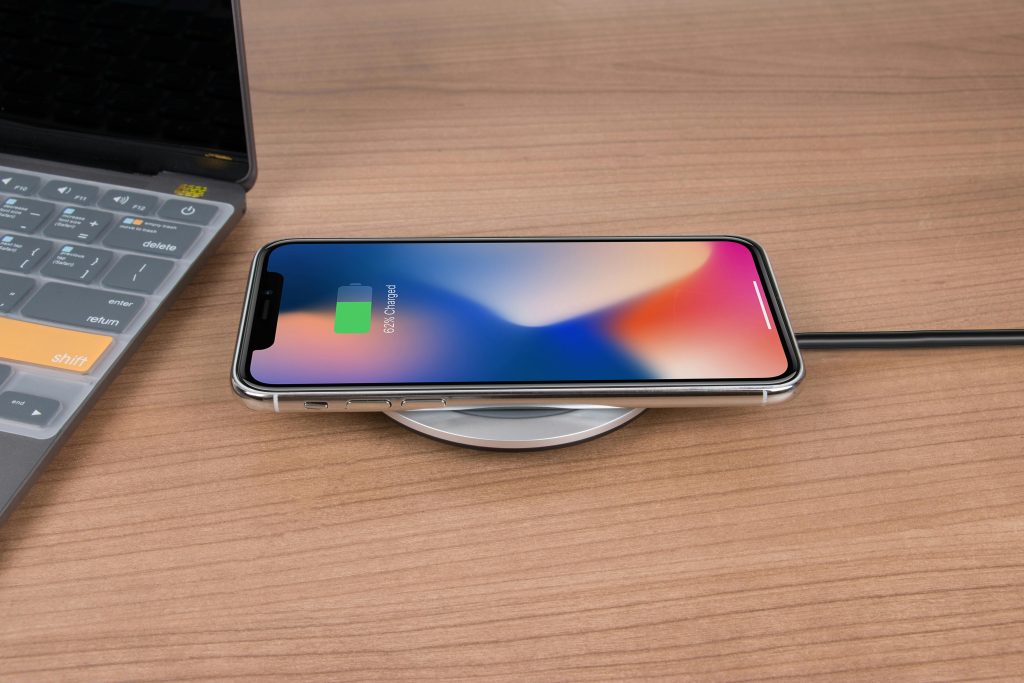Understanding and Resolving Audio Interference When Using 3.5mm Speakers Near HDMI Cables
Introduction
Many users encounter audio issues such as humming or buzzing sounds when using 3.5mm speakers in proximity to high-speed HDMI cables, especially in complex multimedia setups. This article explores the common causes of such interference and offers practical solutions to ensure clean audio output without noise disturbances.
Scenario Overview
Consider a typical multimedia configuration:
- Desktop PC connected to a pair of 3.5mm speakers.
- A PlayStation 5 situado nearby, with its HDMI output connected to a 1-in, 2-out HDMI switch.
- The switch distributes signals to both a monitor and a television (TV).
- A 10-meter HDMI 2.1 cable runs from the switch to the TV.
A common issue arises when the HDMI cable is plugged into the switch; the speakers start producing a humming or buzzing noise. Interestingly, when the HDMI cable is disconnected or only connected at one end, the noise ceases.
Understanding the Cause
Electrical Interference and Ground Loops
The root of this problem often lies in electromagnetic interference (EMI) or ground loops. When multiple electronic devices are interconnected, differences in ground potentials can cause current to flow through audio cables, inducing a hum.
Specifically, the proximity of high-speed HDMI cables carrying digital signals to analog audio pathways (3.5mm cables) can introduce electromagnetic fields. These fields can induce unwanted currents in audio cables, resulting in audible buzzing.
That the noise begins only when the HDMI cable is connected to the switch indicates that the HDMI connection alters the electrical environment, creating conditions conducive to interference.
Additional Factors to Consider
- Cable Quality and Shielding: Poorly shielded HDMI or audio cables are more susceptible to EMI.
- Grounding: Inconsistent grounding of connected devices amplifies potential differences.
- Length of Cables: Longer cables are more prone to picking up interference.
Strategies for Mitigation
- Use Well-Shielded Cables
Invest in high-quality, shielded HDMI and audio cables designed to minimize electromagnetic interference. Proper shielding helps reduce the coupling of external fields into signal cables.
- Improve Grounding Practices
Ensure all devices share a common ground or are properly grounded. Using grounded outlets and avoiding daisy-chained power strips can help create a stable electrical environment.
- Physical Separation
Increase the physical distance between HDMI and audio cables. Crossing cables at right angles and avoiding parallel runs can significantly reduce
Share this content:



